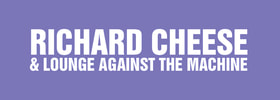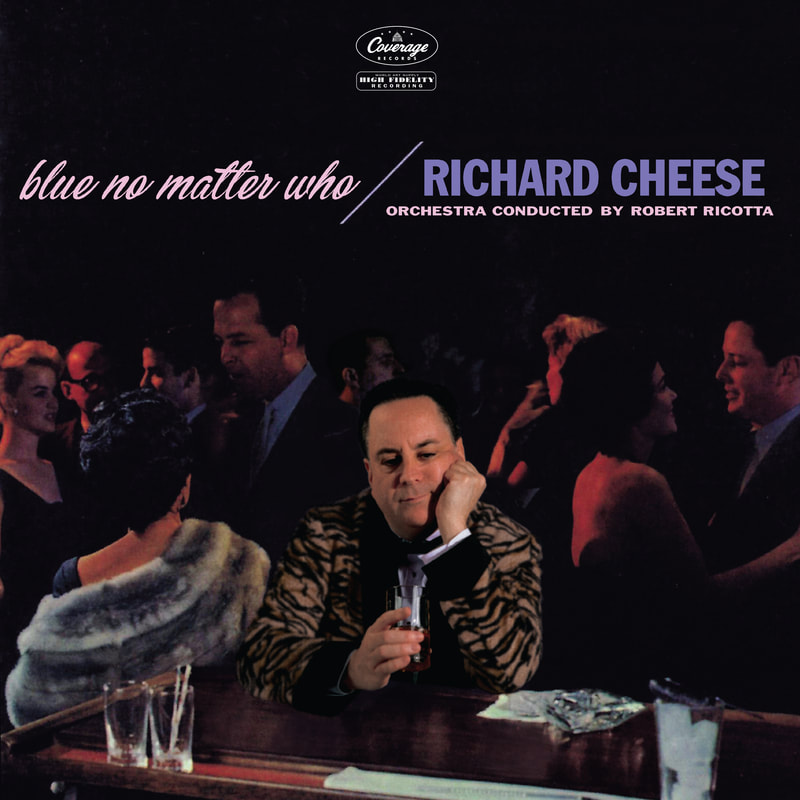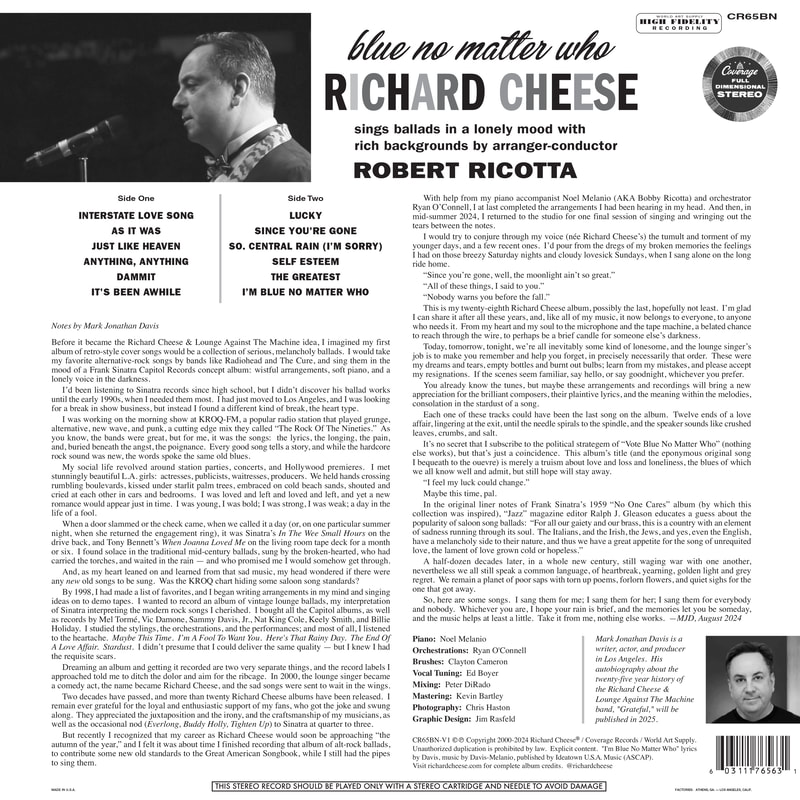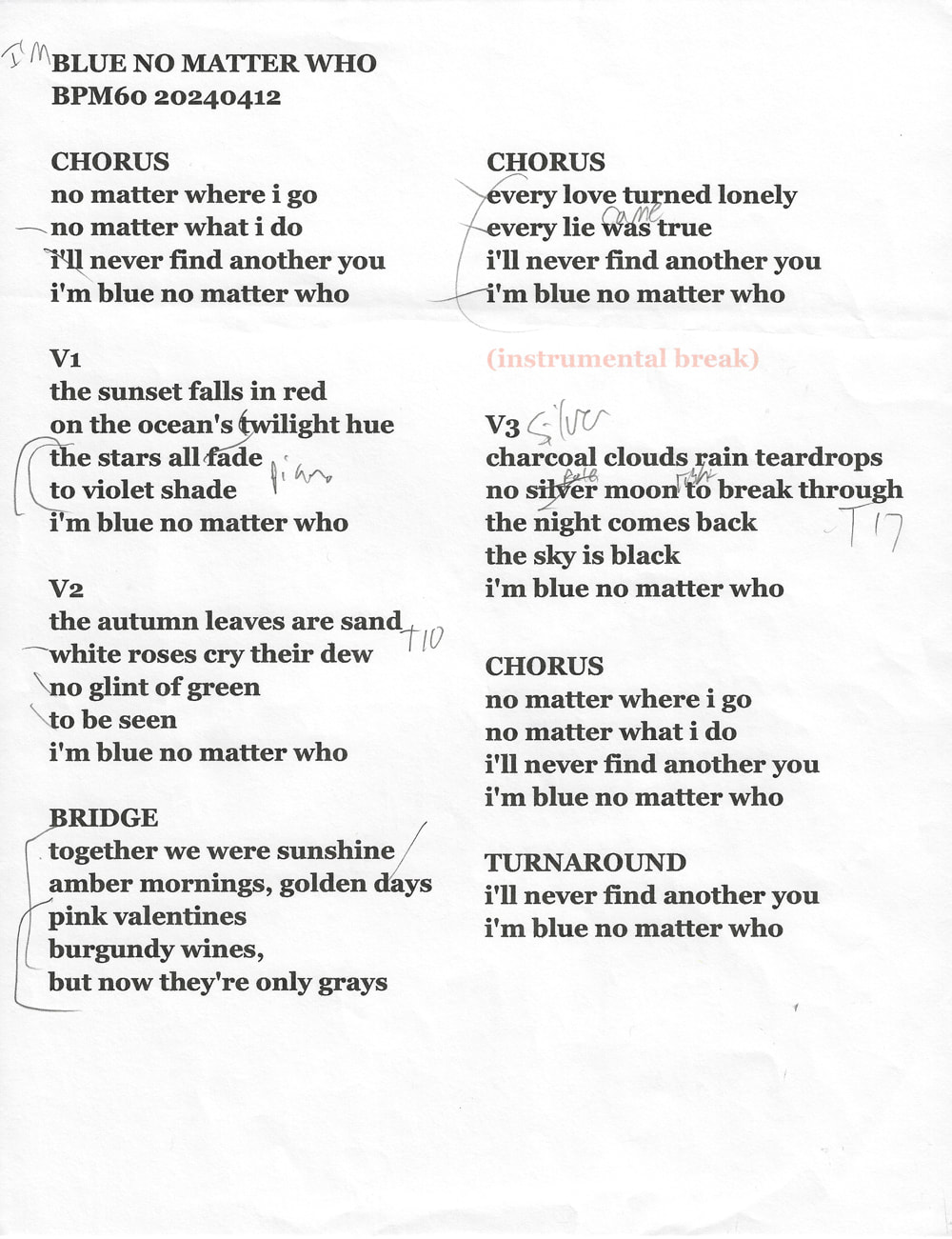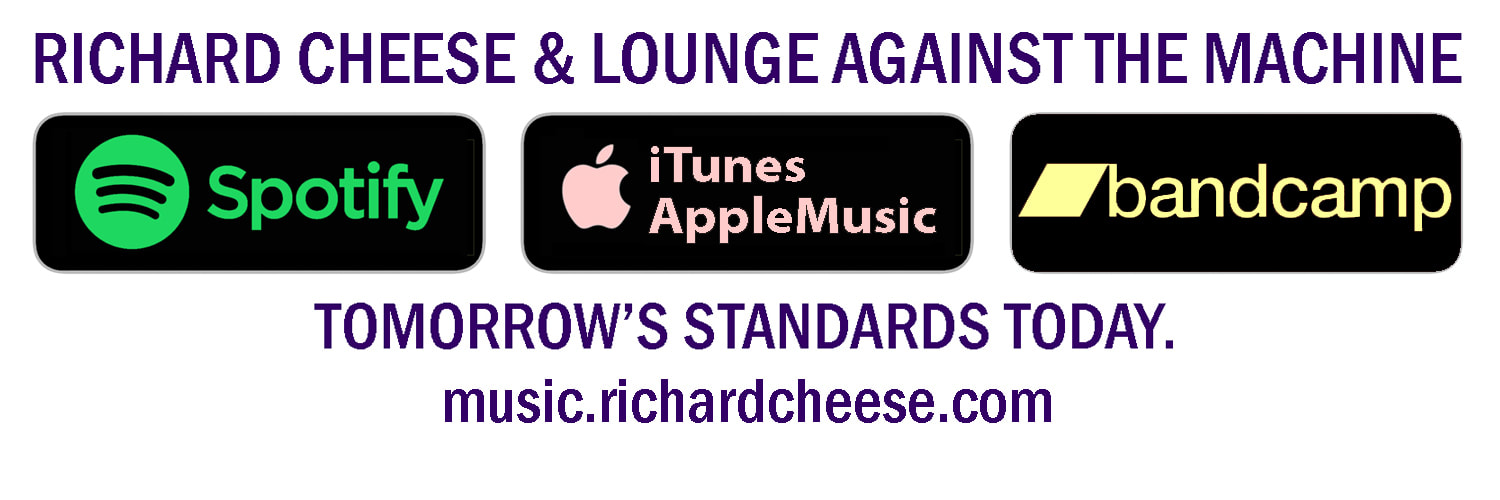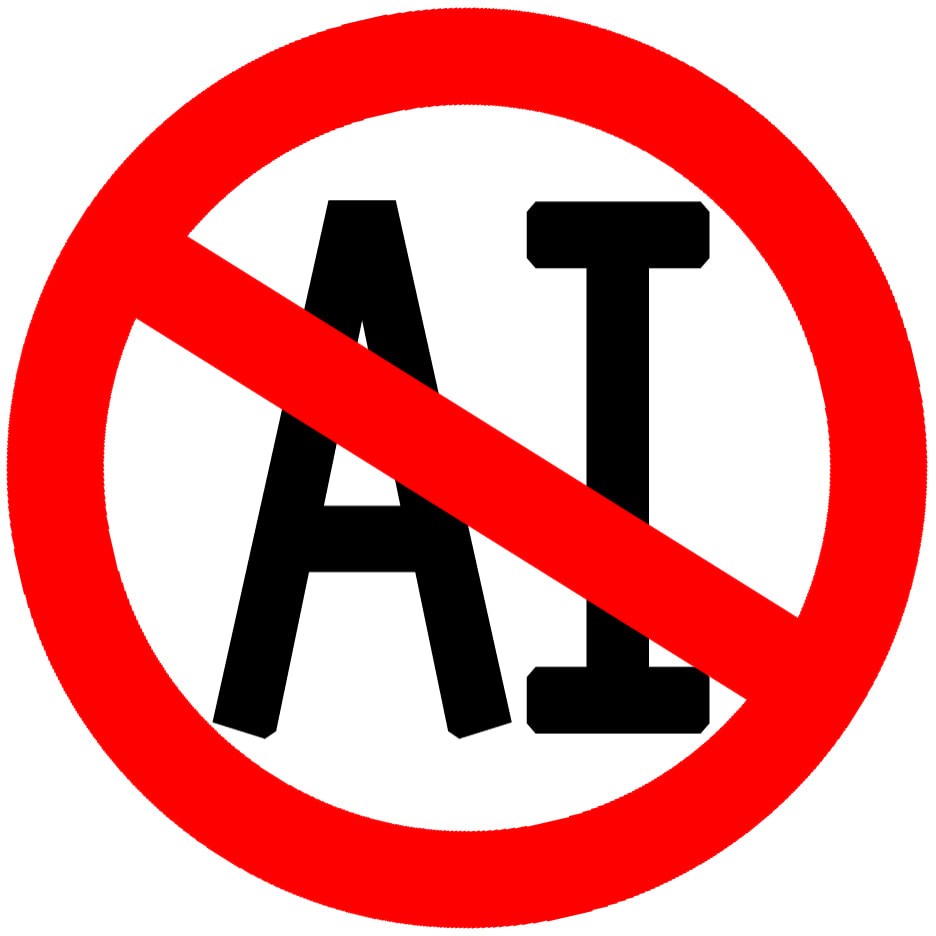RICHARD CHEESE
"BLUE NO MATTER WHO"
ALBUM
(PREVIEW PAGE for authorized LISTENERs ONLY)
DIGITAL RELEASE DATE: AUGUST 30, 2024
VINYL & CD RELEASE DATE: NOVEMBER 1, 2024
MUSIC.RICHARDCHEESE.COM
VINYL & CD RELEASE DATE: NOVEMBER 1, 2024
MUSIC.RICHARDCHEESE.COM
RICHARD CHEESE
"BLUE NO MATTER WHO" (2024)
01 INTERSTATE LOVE SONG (originally by Stone Temple Pilots)
02 AS IT WAS (originally by Harry Styles)
03 JUST LIKE HEAVEN (originally by The Cure)
04 ANYTHING, ANYTHING (originally by Dramarama)
05 DAMMIT (originally by blink-182 )
06 IT'S BEEN AWHILE (originally by Staind)
07 LUCKY (originally by Radiohead)
08 SINCE YOU'RE GONE (originally by The Cars)
09 SOUTH CENTRAL RAIN (I'M SORRY) (originally by R.E.M.)
10 SELF ESTEEM (originally by The Offspring)
11 THE GREATEST (originally by Lana Del Rey)
12 I'M BLUE NO MATTER WHO (original song by Richard Cheese) (see lyrics below)
"BLUE NO MATTER WHO" (2024)
01 INTERSTATE LOVE SONG (originally by Stone Temple Pilots)
02 AS IT WAS (originally by Harry Styles)
03 JUST LIKE HEAVEN (originally by The Cure)
04 ANYTHING, ANYTHING (originally by Dramarama)
05 DAMMIT (originally by blink-182 )
06 IT'S BEEN AWHILE (originally by Staind)
07 LUCKY (originally by Radiohead)
08 SINCE YOU'RE GONE (originally by The Cars)
09 SOUTH CENTRAL RAIN (I'M SORRY) (originally by R.E.M.)
10 SELF ESTEEM (originally by The Offspring)
11 THE GREATEST (originally by Lana Del Rey)
12 I'M BLUE NO MATTER WHO (original song by Richard Cheese) (see lyrics below)
Liner Notes by Mark Jonathan Davis, August 2024
Before it became the Richard Cheese & Lounge Against The Machine idea, I imagined my first album of retro-style cover songs would be a collection of serious, melancholy ballads. I would take my favorite alternative-rock songs by bands like Radiohead and The Cure, and sing them in the mood of a Frank Sinatra Capitol Records concept album: wistful arrangements, soft piano, and a lonely voice in the darkness.
I’d been listening to Sinatra records since high school, but I didn’t discover his ballad works until the early 1990s, when I needed them most. I had just moved to Los Angeles, and I was looking for a break in show business, but instead I found a different kind of break, the heart type.
I was working on the morning show at KROQ-FM, a popular radio station that played grunge, alternative, new wave, and punk, a cutting edge mix they called “The Rock Of The Nineties.” As you know, the bands were great, but for me, it was the songs: the lyrics, the longing, the pain, and, buried beneath the angst, the poignance. Every good song tells a story, and while the hardcore rock sound was new, the words spoke the same old blues.
My social life revolved around station parties, concerts, and Hollywood premieres. I met stunningly beautiful L.A. girls: actresses, publicists, waitresses, producers. We held hands crossing rumbling boulevards, kissed under starlit palm trees, embraced on cold beach sands, shouted and cried at each other in cars and bedrooms. I was loved and left and loved and left, and yet a new romance would appear just in time. I was young, I was bold; I was strong, I was weak; a day in the life of a fool.
When a door slammed or the check came, when we called it a day (or, on one particular summer night, when she returned the engagement ring), it was Sinatra’s In The Wee Small Hours on the drive back, and Tony Bennett’s When Joanna Loved Me on the living room tape deck for a month or six. I found solace in the traditional mid-century ballads, sung by the broken-hearted, who had carried the torches, and waited in the rain — and who promised me I would somehow get through.
And, as my heart leaned on and learned from that sad music, my head wondered if there were any new old songs to be sung. Was the KROQ chart hiding some saloon song standards?
By 1998, I had made a list of favorites, and I began writing arrangements in my mind and singing ideas on to demo tapes. I wanted to record an album of vintage lounge ballads, my interpretation of Sinatra interpreting the modern rock songs I cherished. I bought all the Capitol albums, as well as records by Mel Tormé, Vic Damone, Sammy Davis, Jr., Nat King Cole, Keely Smith, and Billie Holiday. I studied the stylings, the orchestrations, and the performances; and most of all, I listened to the heartache. Maybe This Time. I’m A Fool To Want You. Here's That Rainy Day. The End Of A Love Affair. Stardust. I didn’t presume that I could deliver the same quality — but I knew I had the requisite scars.
Dreaming an album and getting it recorded are two very separate things, and the record labels I approached told me to ditch the dolor and aim for the ribcage. In 2000, the lounge singer became a comedy act, the name became Richard Cheese, and the sad songs were sent to wait in the wings.
Two decades have passed, and more than twenty Richard Cheese albums have been released. I remain ever grateful for the loyal and enthusiastic support of my fans, who got the joke and swung along. They appreciated the juxtaposition and the irony, and the craftsmanship of my musicians, as well as the occasional nod (Everlong, Buddy Holly, Tighten Up) to Sinatra at quarter to three.
But recently I recognized that my career as Richard Cheese would soon be approaching “the autumn of the year,” and I felt it was about time I finished recording that album of alt-rock ballads, to contribute some new old standards to the Great American Songbook, while I still had the pipes to sing them.
With help from my piano accompanist Noel Melanio (AKA Bobby Ricotta) and orchestrator Ryan O’Connell, I at last completed the arrangements I had been hearing in my head. And then, in mid-summer 2024, I returned to the studio for one final session of singing and wringing out the tears between the notes.
I would try to conjure through my voice (née Richard Cheese’s) the tumult and torment of my younger days, and a few recent ones. I’d pour from the dregs of my broken memories the feelings I had on those breezy Saturday nights and cloudy lovesick Sundays, when I sang alone on the long ride home.
“Since you’re gone, well, the moonlight ain’t so great.”
“All of these things, I said to you.”
“Nobody warns you before the fall.”
This is my twenty-eighth Richard Cheese album, possibly the last, hopefully not least. I’m glad I can share it after all these years, and, like all of my music, it now belongs to everyone, to anyone who needs it. From my heart and my soul to the microphone and the tape machine, a belated chance to reach through the wire, to perhaps be a brief candle for someone else’s darkness.
Today, tomorrow, tonight, we’re all inevitably some kind of lonesome, and the lounge singer’s job is to make you remember and help you forget, in precisely necessarily that order. These were my dreams and tears, empty bottles and burnt out bulbs; learn from my mistakes, and please accept my resignations. If the scenes seem familiar, say hello, or say goodnight, whichever you prefer.
You already know the tunes, but maybe these arrangements and recordings will bring a new appreciation for the brilliant composers, their plaintive lyrics, and the meaning within the melodies, consolation in the stardust of a song.
Each one of these tracks could have been the last song on the album. Twelve ends of a love affair, lingering at the exit, until the needle spirals to the spindle, and the speaker sounds like crushed leaves, crumbs, and salt.
It’s no secret that I subscribe to the political strategem of “Vote Blue No Matter Who” (nothing else works), but that’s just a coincidence. This album’s title (and the eponymous original song I bequeath to the ouevre) is merely a truism about love and loss and loneliness, the blues of which we all know well and admit, but still hope will stay away.
“I feel my luck could change.”
Maybe this time, pal.
In the original liner notes of Frank Sinatra’s 1959 “No One Cares” album (by which this collection was inspired), “Jazz” magazine editor Ralph J. Gleason educates a guess about the popularity of saloon song ballads: “For all our gaiety and our brass, this is a country with an element of sadness running through its soul. The Italians, and the Irish, the Jews, and yes, even the English, have a melancholy side to their nature, and thus we have a great appetite for the song of unrequited love, the lament of love grown cold or hopeless.”
A half-dozen decades later, in a whole new century, still waging war with one another, nevertheless we all still speak a common language, of heartbreak, yearning, golden light and grey regret. We remain a planet of poor saps with torn up poems, forlorn flowers, and quiet sighs for the one that got away.
So, here are some songs. I sang them for me; I sang them for her; I sang them for everybody and nobody. Whichever you are, I hope your rain is brief, and the memories let you be someday, and the music helps at least a little. Take it from me, nothing else works.
—MJD, August 2024
Liner Notes by Mark Jonathan Davis, August 2024
Before it became the Richard Cheese & Lounge Against The Machine idea, I imagined my first album of retro-style cover songs would be a collection of serious, melancholy ballads. I would take my favorite alternative-rock songs by bands like Radiohead and The Cure, and sing them in the mood of a Frank Sinatra Capitol Records concept album: wistful arrangements, soft piano, and a lonely voice in the darkness.
I’d been listening to Sinatra records since high school, but I didn’t discover his ballad works until the early 1990s, when I needed them most. I had just moved to Los Angeles, and I was looking for a break in show business, but instead I found a different kind of break, the heart type.
I was working on the morning show at KROQ-FM, a popular radio station that played grunge, alternative, new wave, and punk, a cutting edge mix they called “The Rock Of The Nineties.” As you know, the bands were great, but for me, it was the songs: the lyrics, the longing, the pain, and, buried beneath the angst, the poignance. Every good song tells a story, and while the hardcore rock sound was new, the words spoke the same old blues.
My social life revolved around station parties, concerts, and Hollywood premieres. I met stunningly beautiful L.A. girls: actresses, publicists, waitresses, producers. We held hands crossing rumbling boulevards, kissed under starlit palm trees, embraced on cold beach sands, shouted and cried at each other in cars and bedrooms. I was loved and left and loved and left, and yet a new romance would appear just in time. I was young, I was bold; I was strong, I was weak; a day in the life of a fool.
When a door slammed or the check came, when we called it a day (or, on one particular summer night, when she returned the engagement ring), it was Sinatra’s In The Wee Small Hours on the drive back, and Tony Bennett’s When Joanna Loved Me on the living room tape deck for a month or six. I found solace in the traditional mid-century ballads, sung by the broken-hearted, who had carried the torches, and waited in the rain — and who promised me I would somehow get through.
And, as my heart leaned on and learned from that sad music, my head wondered if there were any new old songs to be sung. Was the KROQ chart hiding some saloon song standards?
By 1998, I had made a list of favorites, and I began writing arrangements in my mind and singing ideas on to demo tapes. I wanted to record an album of vintage lounge ballads, my interpretation of Sinatra interpreting the modern rock songs I cherished. I bought all the Capitol albums, as well as records by Mel Tormé, Vic Damone, Sammy Davis, Jr., Nat King Cole, Keely Smith, and Billie Holiday. I studied the stylings, the orchestrations, and the performances; and most of all, I listened to the heartache. Maybe This Time. I’m A Fool To Want You. Here's That Rainy Day. The End Of A Love Affair. Stardust. I didn’t presume that I could deliver the same quality — but I knew I had the requisite scars.
Dreaming an album and getting it recorded are two very separate things, and the record labels I approached told me to ditch the dolor and aim for the ribcage. In 2000, the lounge singer became a comedy act, the name became Richard Cheese, and the sad songs were sent to wait in the wings.
Two decades have passed, and more than twenty Richard Cheese albums have been released. I remain ever grateful for the loyal and enthusiastic support of my fans, who got the joke and swung along. They appreciated the juxtaposition and the irony, and the craftsmanship of my musicians, as well as the occasional nod (Everlong, Buddy Holly, Tighten Up) to Sinatra at quarter to three.
But recently I recognized that my career as Richard Cheese would soon be approaching “the autumn of the year,” and I felt it was about time I finished recording that album of alt-rock ballads, to contribute some new old standards to the Great American Songbook, while I still had the pipes to sing them.
With help from my piano accompanist Noel Melanio (AKA Bobby Ricotta) and orchestrator Ryan O’Connell, I at last completed the arrangements I had been hearing in my head. And then, in mid-summer 2024, I returned to the studio for one final session of singing and wringing out the tears between the notes.
I would try to conjure through my voice (née Richard Cheese’s) the tumult and torment of my younger days, and a few recent ones. I’d pour from the dregs of my broken memories the feelings I had on those breezy Saturday nights and cloudy lovesick Sundays, when I sang alone on the long ride home.
“Since you’re gone, well, the moonlight ain’t so great.”
“All of these things, I said to you.”
“Nobody warns you before the fall.”
This is my twenty-eighth Richard Cheese album, possibly the last, hopefully not least. I’m glad I can share it after all these years, and, like all of my music, it now belongs to everyone, to anyone who needs it. From my heart and my soul to the microphone and the tape machine, a belated chance to reach through the wire, to perhaps be a brief candle for someone else’s darkness.
Today, tomorrow, tonight, we’re all inevitably some kind of lonesome, and the lounge singer’s job is to make you remember and help you forget, in precisely necessarily that order. These were my dreams and tears, empty bottles and burnt out bulbs; learn from my mistakes, and please accept my resignations. If the scenes seem familiar, say hello, or say goodnight, whichever you prefer.
You already know the tunes, but maybe these arrangements and recordings will bring a new appreciation for the brilliant composers, their plaintive lyrics, and the meaning within the melodies, consolation in the stardust of a song.
Each one of these tracks could have been the last song on the album. Twelve ends of a love affair, lingering at the exit, until the needle spirals to the spindle, and the speaker sounds like crushed leaves, crumbs, and salt.
It’s no secret that I subscribe to the political strategem of “Vote Blue No Matter Who” (nothing else works), but that’s just a coincidence. This album’s title (and the eponymous original song I bequeath to the ouevre) is merely a truism about love and loss and loneliness, the blues of which we all know well and admit, but still hope will stay away.
“I feel my luck could change.”
Maybe this time, pal.
In the original liner notes of Frank Sinatra’s 1959 “No One Cares” album (by which this collection was inspired), “Jazz” magazine editor Ralph J. Gleason educates a guess about the popularity of saloon song ballads: “For all our gaiety and our brass, this is a country with an element of sadness running through its soul. The Italians, and the Irish, the Jews, and yes, even the English, have a melancholy side to their nature, and thus we have a great appetite for the song of unrequited love, the lament of love grown cold or hopeless.”
A half-dozen decades later, in a whole new century, still waging war with one another, nevertheless we all still speak a common language, of heartbreak, yearning, golden light and grey regret. We remain a planet of poor saps with torn up poems, forlorn flowers, and quiet sighs for the one that got away.
So, here are some songs. I sang them for me; I sang them for her; I sang them for everybody and nobody. Whichever you are, I hope your rain is brief, and the memories let you be someday, and the music helps at least a little. Take it from me, nothing else works.
—MJD, August 2024
|
Mark Jonathan Davis is a writer, actor, and producer in Los Angeles. His autobiography about the twenty-five year history of the Richard Cheese & Lounge Against The Machine band, "Grateful," will be published in 2025.
|
Piano: Noel Melanio Orchestrations: Ryan O'Connell Brushes: Clayton Cameron Vocal Tuning: Ed Boyer Mixing: Peter DiRado Mastering: Kevin Bartley Photography: Chris Haston Graphic Design: Jim Rasfeld CR65BN-V1 (C) Copyright 2000-2024 Richard Cheese® / Coverage Records / World Art Supply. Unauthorized duplication is prohibited by law. Explicit content. "I'm Blue No Matter Who" lyrics by Davis, music by Davis-Melanio, published by Ideatown U.S.A. Music (ASCAP). Visit richardcheese.com for complete album credits. @richardcheese |
FREE
ALBUM
DOWNLOAD
(for JOURNALISTS and authorized reviewers ONLY)
Download a zipfile of the Richard Cheese "Blue No Matter Who" album.
Unauthorized distribution is prohibited.
right-click and select "Save As"
Unauthorized distribution is prohibited.
right-click and select "Save As"
RICHARD CHEESE
"BLUE NO MATTER WHO" ALBUM
DIGITAL RELEASE DATE: AUGUST 30, 2024
VINYL & CD RELEASE DATE: NOVEMBER 1, 2024
ORDER AT:
MUSIC.RICHARDCHEESE.COM
"BLUE NO MATTER WHO" ALBUM
DIGITAL RELEASE DATE: AUGUST 30, 2024
VINYL & CD RELEASE DATE: NOVEMBER 1, 2024
ORDER AT:
MUSIC.RICHARDCHEESE.COM
RICHARD CHEESE
|
